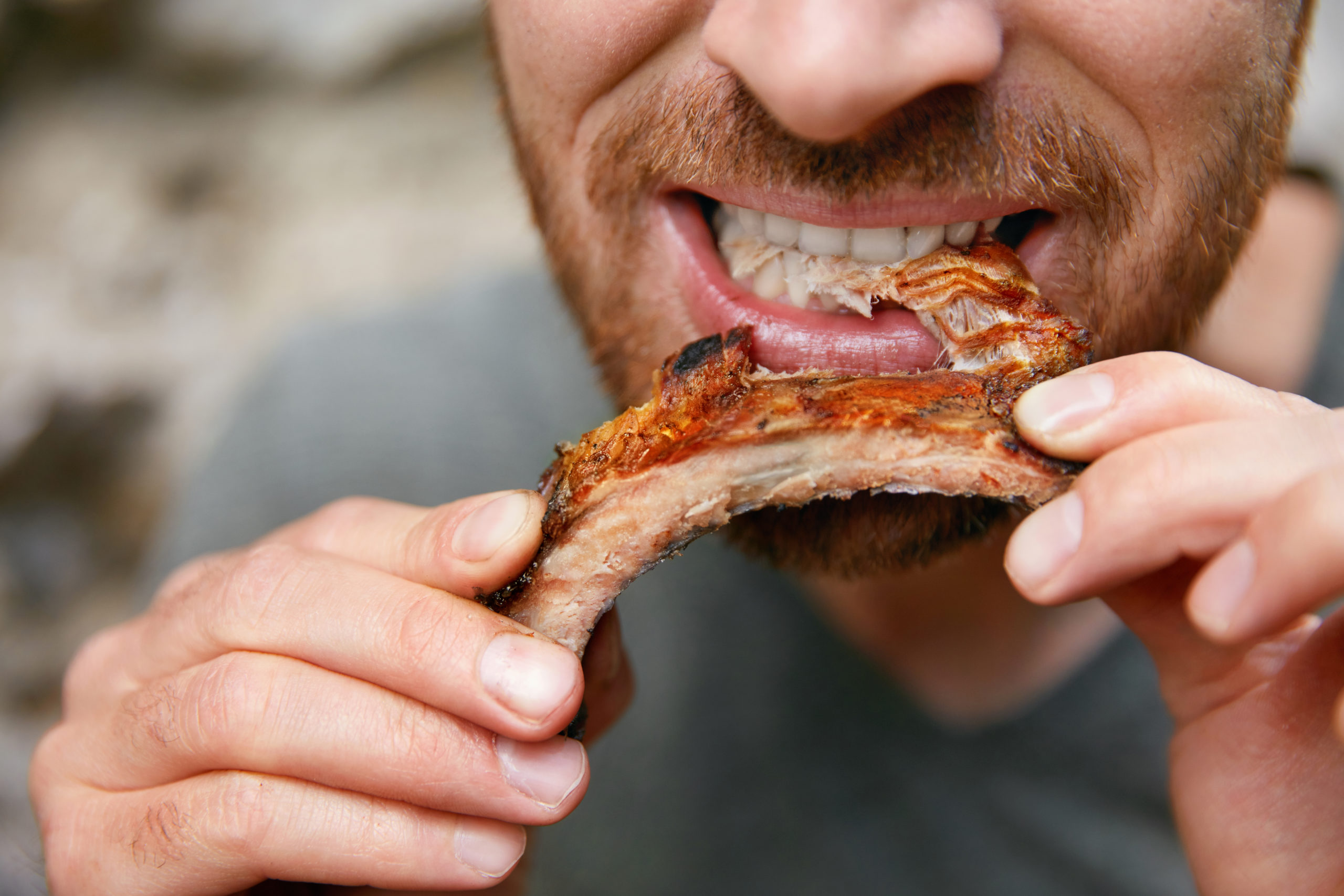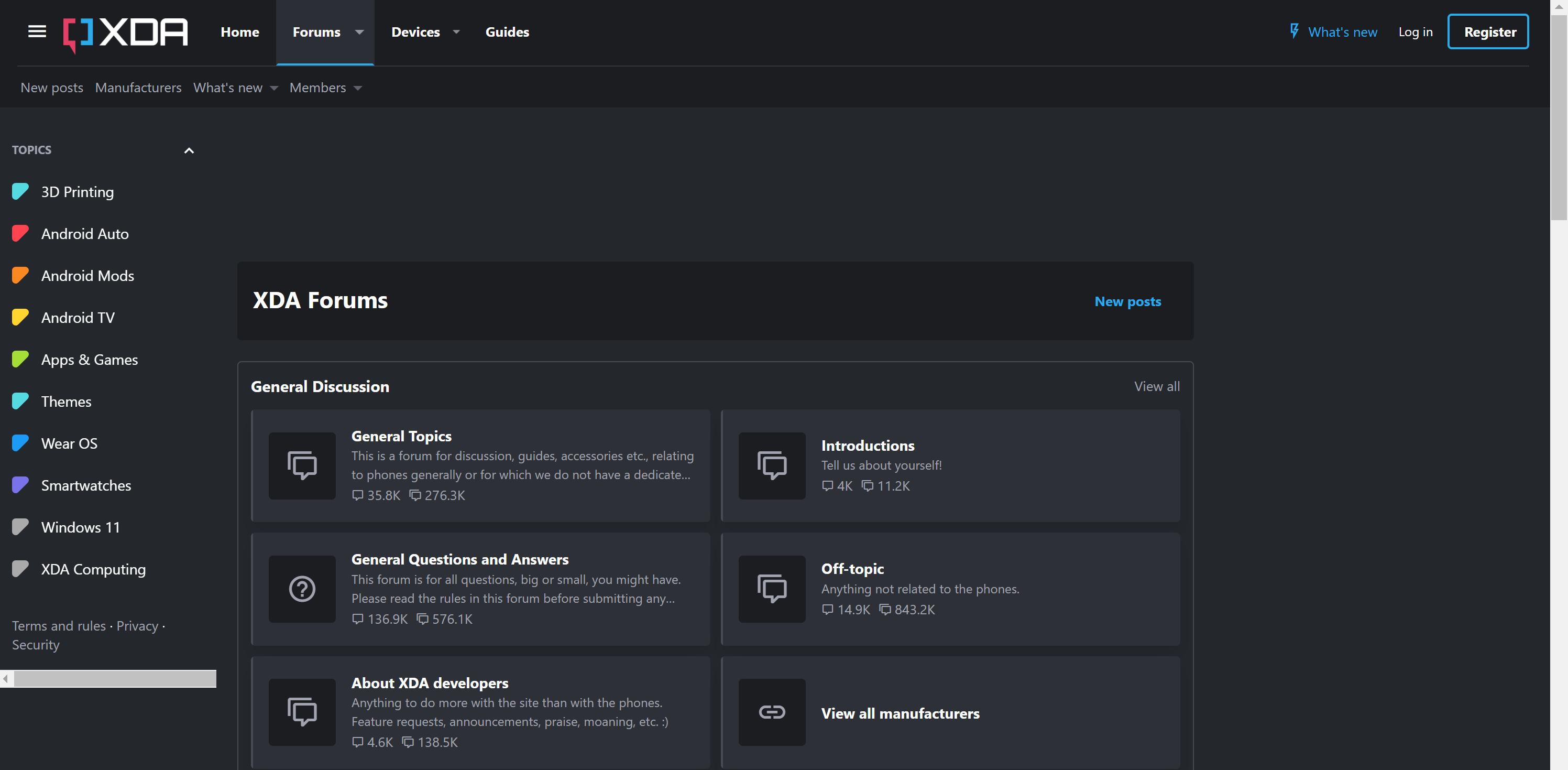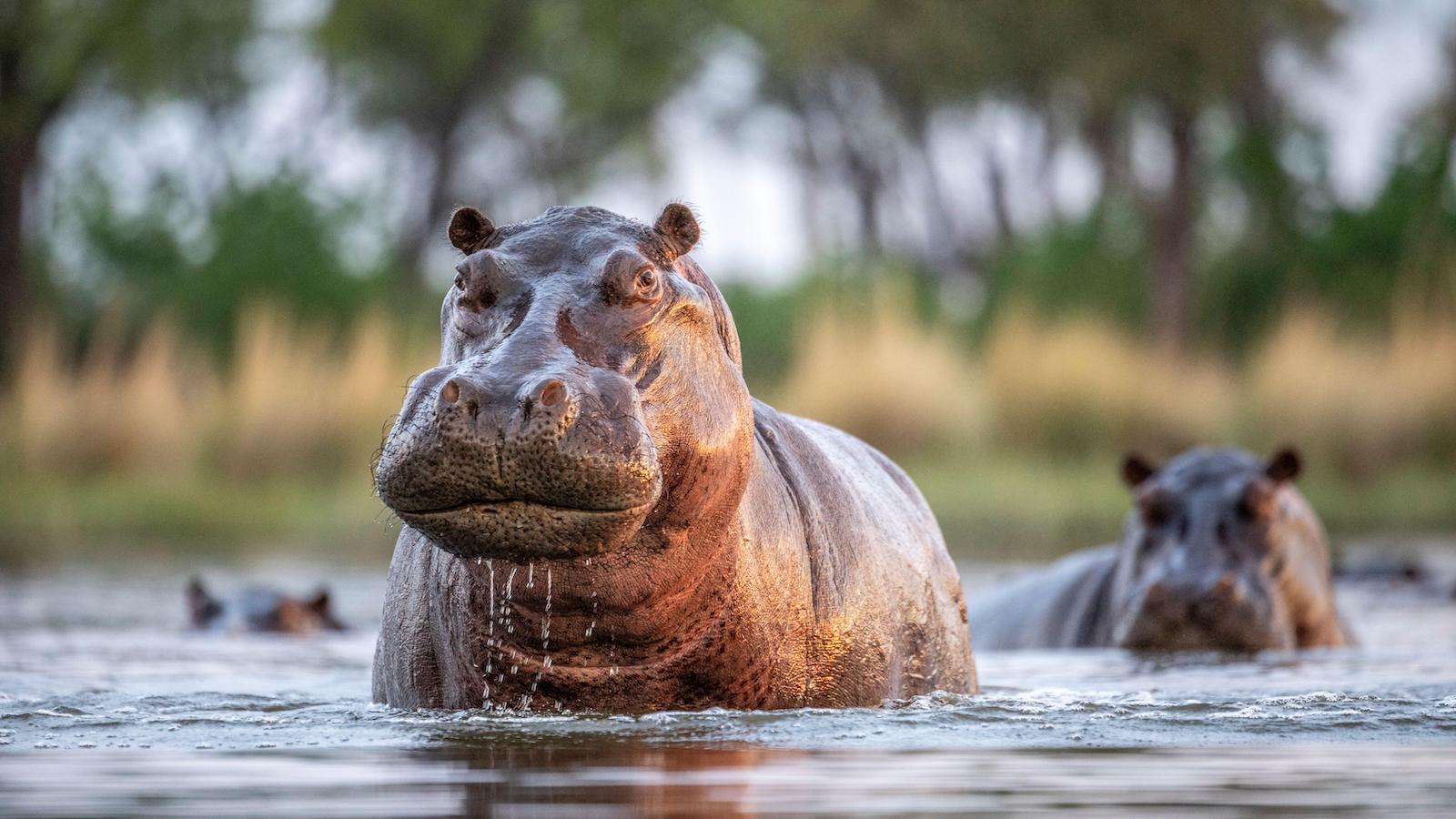
The primary scriptural reference often cited in discussions about the consumption of pork comes from the Old Testament, specifically from the books of Leviticus and Deuteronomy in the Mosaic Law.
In Leviticus 11:7-8 (New International Version), it is stated:
"7 And the pig, though it has a divided hoof, does not chew the cud; it is unclean for you. 8 You must not eat their meat or touch their carcasses; they are unclean for you."
This prohibition is part of the dietary laws outlined in the Old Testament for the Israelites. However, many Christians believe that with the coming of Jesus Christ and the New Covenant, dietary restrictions from the Mosaic Law were lifted.
In the New Testament, particularly in the Book of Acts and the letters of Paul, there are indications that Christians are not bound by the dietary laws of the Old Testament. In Acts 10, Peter has a vision in which God declares all previously unclean animals "clean." This vision is often interpreted as a symbolic indication that Gentiles (non-Jews) are no longer to be considered ritually unclean, and by extension, the dietary laws are no longer binding.
Related: Why was the Catholic Church banned in England?
In 1 Corinthians 8:8 (NIV), the apostle Paul writes:
"But food does not bring us near to God; we are no worse if we do not eat, and no better if we do."
This verse emphasizes that food choices are not inherently tied to one's relationship with God.
As a result, many Christian denominations do not impose dietary restrictions, and pork is commonly consumed by Christians worldwide. However, individual beliefs and practices may vary, and some Christian denominations or individuals may choose to adhere to dietary restrictions based on personal convictions or cultural influences.
FAQs:
Is pork forbidden in Christianity?
The pig is considered an unclean animal as food in Judaism and Islam, and parts of Christianity. Although Christianity is also an Abrahamic religion, most of its adherents do not follow these aspects of Mosaic law and do consume its meat.
What religions do not eat pork?
Both Judaism and Islam have prohibited eating pork and its products for thousands of years. Scholars have proposed several reasons for the ban to which both religions almost totally adhere. Pork, and the refusal to eat it, possesses powerful cultural baggage for Jews.
What are forbidden foods in the Bible?
Prohibited foods that may not be consumed in any form include all animals—and the products of animals—that do not chew the cud and do not have cloven hoofs (e.g., pigs and horses); fish without fins and scales; the blood of any animal; shellfish (e.g., clams, oysters, shrimp, crabs) and all other living creatures that ...
Can Christians eat beef?
“The Christian has freedom to eat meat without it being a question of conscience. In fact, not only can they do it, they are blessed when they do it and the source of the meat is not really an issue in the New Testament,” Jamison says. “We are allowed to eat meat from any type of animals.





















